Do you experience hyperhidrosis or nervous sweating more often than you would like? Does it get worse especially when you are in public and amongst people?
Some people fear nervous sweating in front of others – at a party, for example, or a staff meeting – to the point that it fills their lives with worry. The fear of sweating becomes a monkey on their back and leads them to avoid ordinary occasions and activities. It’s a solvable problem, provided you understand how it works.
What do people with nervous sweating fear? They’re afraid they’ll look odd and defective, sweating profusely in a comfortably cool room. They worry others will think they’re ill, and want to call an ambulance. They worry that others will judge them as extremely nervous and unstable, and not want to socialize or do business with them. They worry that someone will blurt out, “Oh my God, are you okay?”, and they’ll sweat even more as everyone stares at them.
People with a fear of sweating vary in the details. Some fear sweat appearing on their face or forehead where it will be most visible. Others are more concerned with sweaty palms, especially when they have to shake hands or sign documents in front of others. Others worry about their underarms and chest, fearing that sweat will appear on their clothes.
Many people who fear sweating simply sweat more than the average person and become embarrassed about it. They often have family members with the same trait. Others just sweat more when they’re anxious, especially in social situations where they fear being observed. It happens once, and then they fervently hope that it doesn’t happen again.
This “hoping” often makes it happen again.
I’ve worked with a number of people in Chicago who came to see me exclusively for help with the fear of sweating, and I’ve also seen people for whom sweating was one of several panic symptoms they experienced. While people differ in the details, there is a general pattern to this problem, and that gives us a way to treat it.
Read Tips And Techniques To Stop An Anxiety Attack
Social Phobia or Hyperhidrosis?
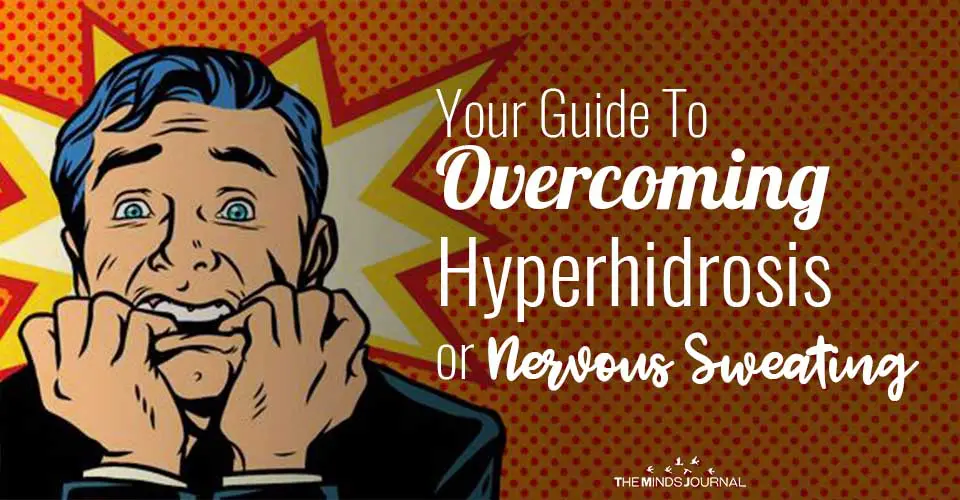
Nervous sweating is related to a condition called Hyperhidrosis. Primary Hyperhidrosis is a condition of excessive sweating without known cause or triggers, while Secondary Hyperhidrosis is triggered by certain cues, including anxiety.
In general, if the excessive sweating you fear only occurs in situations where others can see you, never when you’re alone, that’s a strong indication it’s a type of Social Phobia.
If you search the Internet, you’ll find lots of medications and even surgery offered for this condition. Be aware that the research on such treatments is not very strong. If yours is a Secondary Hyperhidrosis, it’s probably smart to try the least intrusive methods of help before even thinking of drugs or surgery.
Above all, be an informed consumer, because the Internet is full of questionable self-help products. Check whatever you find with your physician and mental health professional before proceeding.
Self Help for Nervous Sweating
Do you want more help with this? I’ve written a self-help guide, based on the methods I use with clients who come to my office for help with nervous sweating. It’s a pdf of 40+ pages, available as an immediate download. It’s not a cure, nor is it a quick and easy method to simply stop sweating. However, most clients find it at least somewhat helpful in addressing this problem. You can purchase it here for $8.95 USD.
How Nervous Sweating Develops
Step One: People Identify their Sweating as a Shameful Flaw
The first step in developing nervous sweating is noticing that you sweat more, or in a different way, than some other people, and becoming concerned about that. If everybody on Earth had an identical pattern of sweating, there wouldn’t be any fear of it.
Many people with nervous sweating remember the first time they got attention for sweating, and that unpleasant memory stays with them the same way the memory of a first panic attack stays with people. They think of sweating as their flaw, maybe even their fault. They feel shame and embarrassment, and dread each future drop of perspiration.
Step Two: Anticipation
The second step is anticipation. Once a person identifies sweating as a problem, it doesn’t take long before they start anticipating it. “What if sweat stands out on my forehead when I present at the staff meeting?” “What if my hands are all clammy when it’s time to shake hands?”
This anticipatory anxiety suggests that you should be thinking something and doing something now to prevent future episodes of sweating. And so you try.
This is a problem, because the harder you try, the worse it gets.
Read 11 Scary Symptoms of A Nervous Breakdown
Step Three: People try to control and hide their sweating
The third step in the development of this problem is that people resort to “safety behaviors” in the hopes of preventing and/or hiding their sweat. For instance, you might keep a supply of napkins in your pocket to dry off before shaking hands, or to blot up the sweat on your forehead when no one is looking.
You might keep a glass of ice water handy, for drinking and also for touching to your face when no one can notice. You might select your clothes with an eye toward hiding sweat. Whenever possible, you position yourself in a room near a fan or air conditioner.
Other safety behaviors include: taking a cold shower just before an event; excessive use of antiperspirants, deodorants, perfumes, and talcum powder; finding ways to avoid handshakes; sticking your head out the window on a cold day just before a meeting; using anti-anxiety medications, and so on.
Will these solve the problem? Probably not. In fact, the more you worry about, and try to hide or suppress this sweating, the more it tends to happen. As with yawning, we don’t consciously control the process, but we can increase it by trying to suppress it.
The more you oppose sweating, and try to keep it your secret, the bigger a problem it becomes, because this resistance and secrecy persuade you that you really do have something shameful and deviant to hide.
And it diverts your attention and energy from what’s actually important in your life to this basic, involuntary physiological response, and gives it exaggerated importance.
Overcoming Nervous Sweating
There is no direct, foolproof way to abolish nervous sweating or to limit your sweating to the amount you think appropriate.
But this doesn’t have to be a terrible problem for you. As a first step, evaluate what I’m saying here. Is this true for you, that your efforts to hide and stop the sweating have converted this nuisance into a significant problem? If so, then perhaps a different approach will produce better results for you.
I refer to nervous sweating here as a nuisance. If you have a fear of sweating, that probably sounds like a huge understatement. But the truth is, perspiration volume is neither an important nor common sign of character. If you’re running for President, breaking into a sweat during a televised debate might sink your campaign. But the rest of us have a big say in how large or small this problem is.
We make it bigger by fighting and hiding the sweating. We can make it smaller by becoming more open and accepting of it. You don’t get to choose how much sweating you do, so why should you treat it like a mark of dishonor?
What makes the problem worse is the dreading, the hiding, and the secrecy. As you gradually undo those steps, the problem will become less and less.
Most people with nervous sweating are so upset and concerned about their sweating, so used to a pattern of hiding and struggling against it, that they can’t simply stop all in one step. It’s often necessary to slowly reverse course and gradually become more open with it. It’s not important to make rapid changes. What’s important is to change direction. So long as you’re headed in the right direction, you can get where you want.
Read Tips And Techniques To Stop An Anxiety Attack
Self Help for Nervous Sweating
Do you want more help with this? I’ve written a self-help guide, based on the methods I use with clients who come to my office for help with nervous sweating. It’s a pdf of 40+ pages, available as an immediate download. It’s not a cure, nor is it a quick and easy method to simply stop sweating. However, most clients find it at least somewhat helpful in addressing this problem. You can purchase it here for $9.95 USD.
Written By Dave Carbonell
Originally Published In Anxietycoach.com
Dr. Carbonell maintains a web site that’s overflowing with free articles and resources for people who struggle with fears and phobias. Take a look, at www.anxietycoach.com.
Feeling nervous in certain situations and sweating because of that, is something you should never be ashamed about. You are human after all and you are allowed to feel scared, apprehensive and nervous, at times. Don’t be too hard in yourself, and take one step at a time when it comes to fighting hyperhidrosis. A calm mind and a positive attitude can successfully help you in tackling this condition.
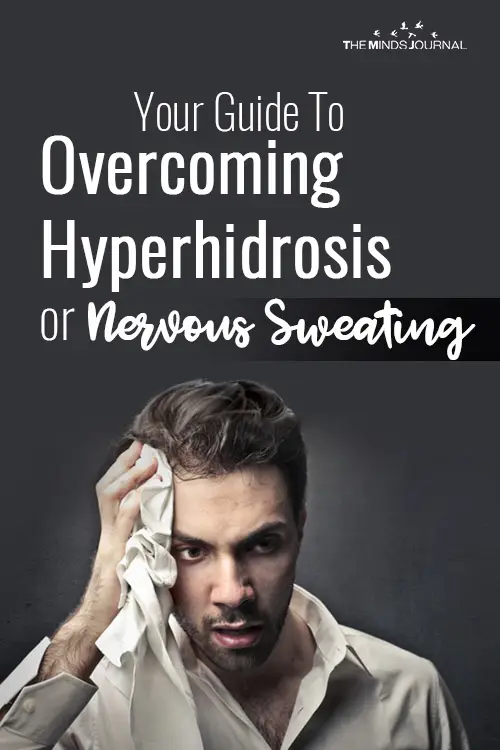

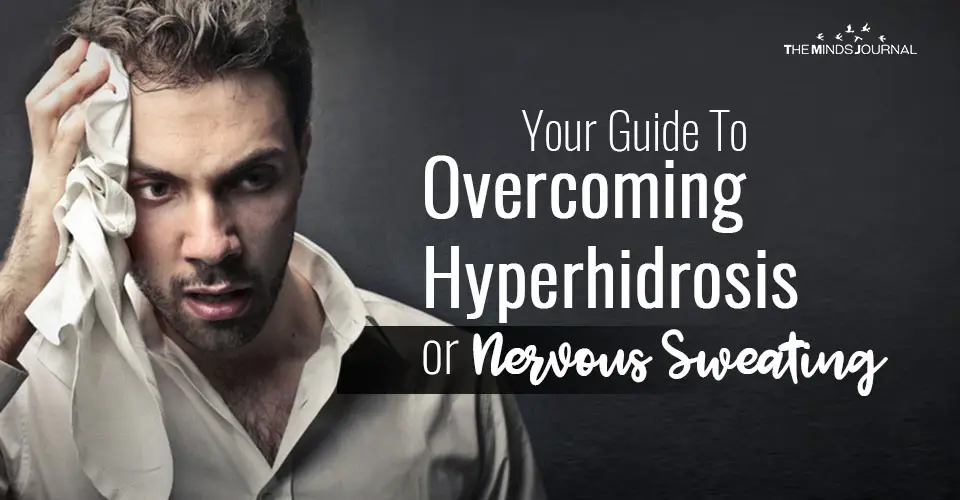
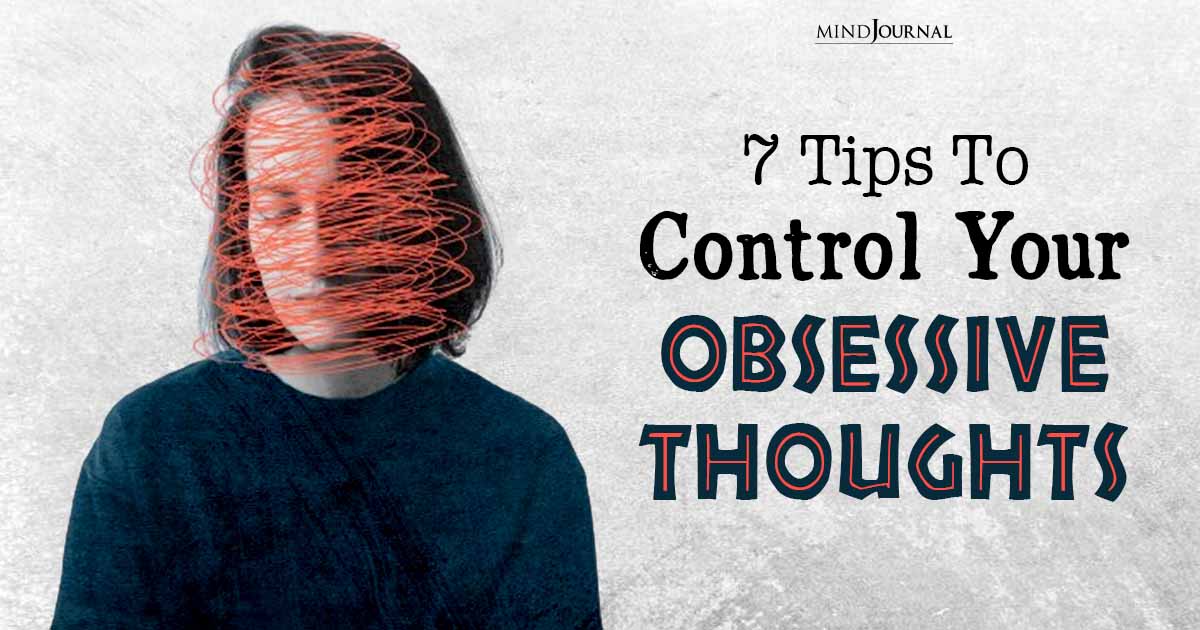
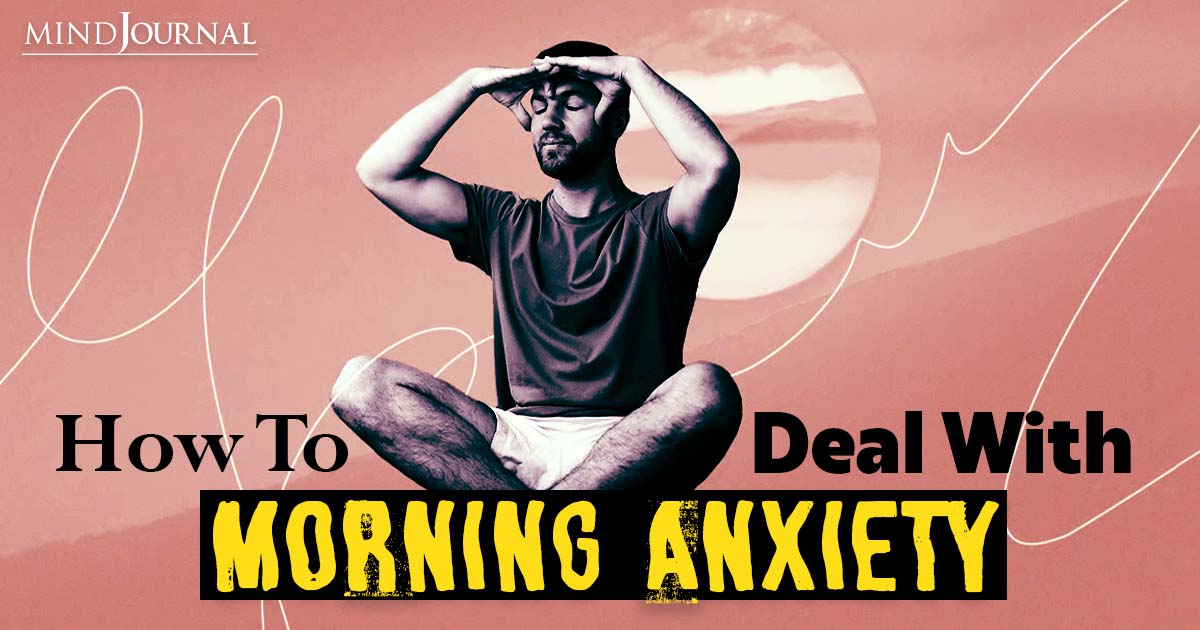
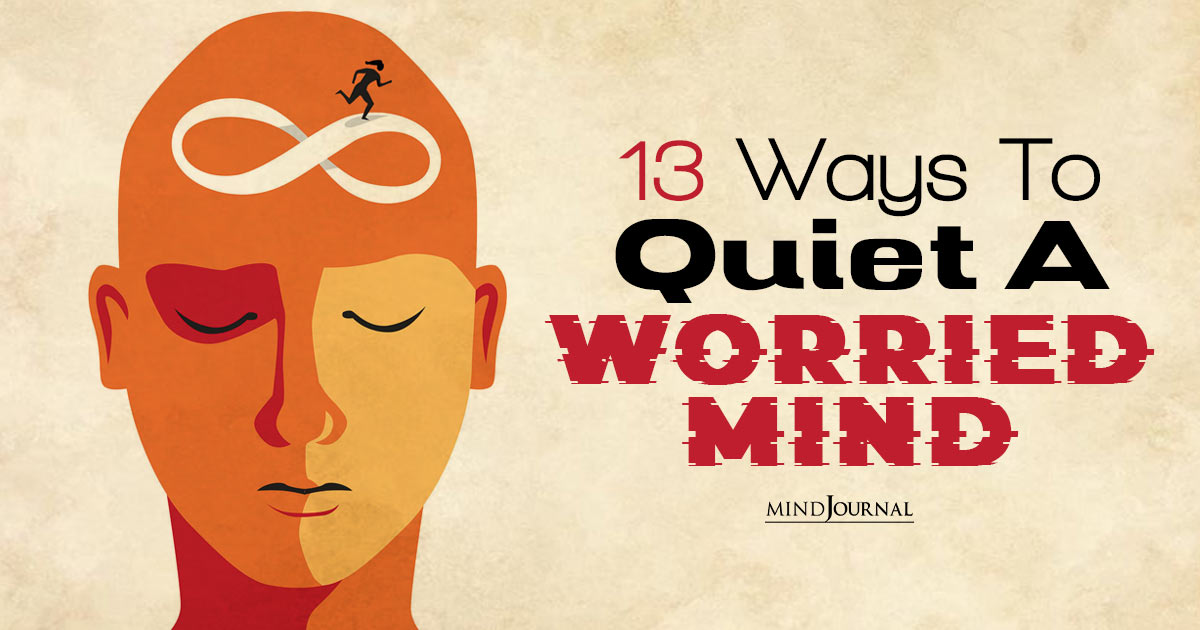
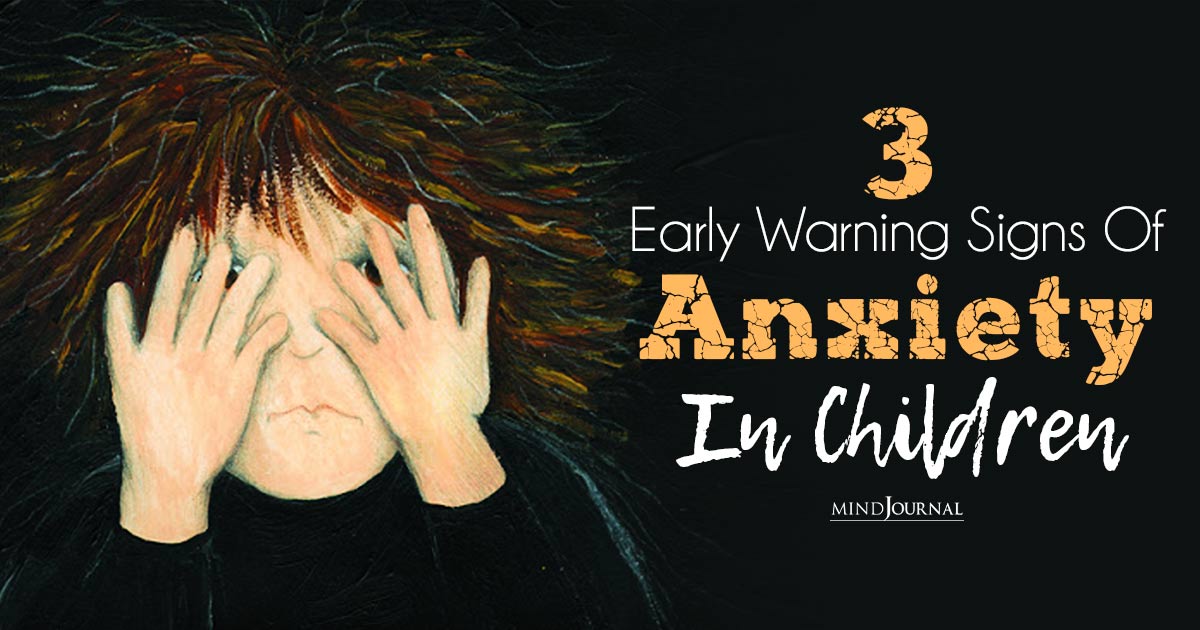
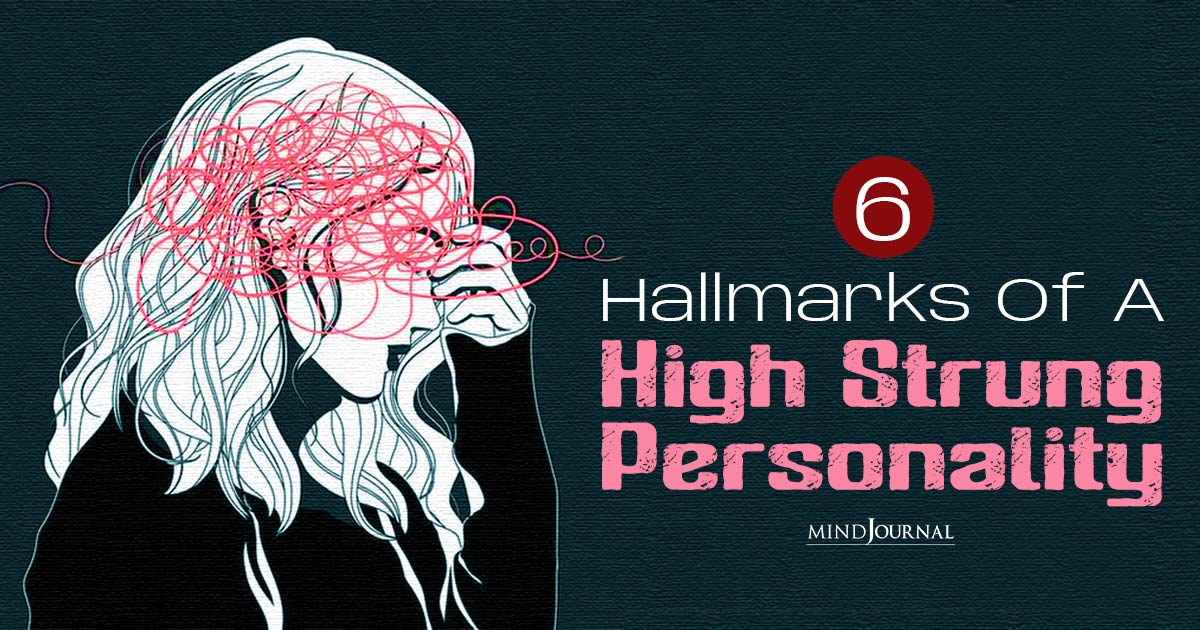
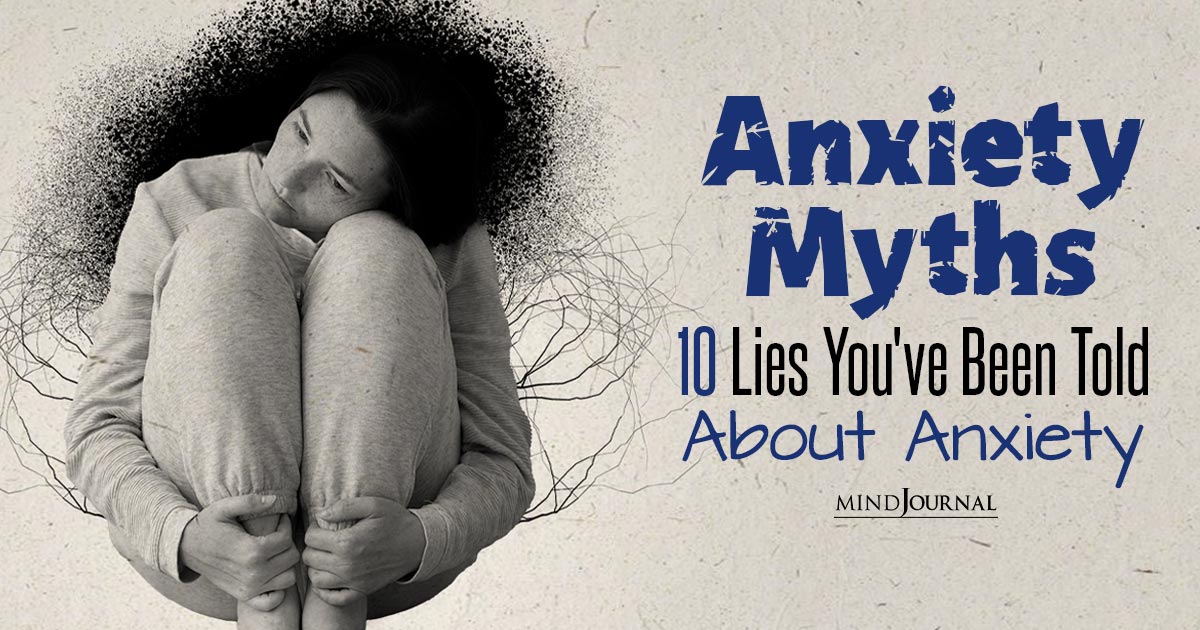
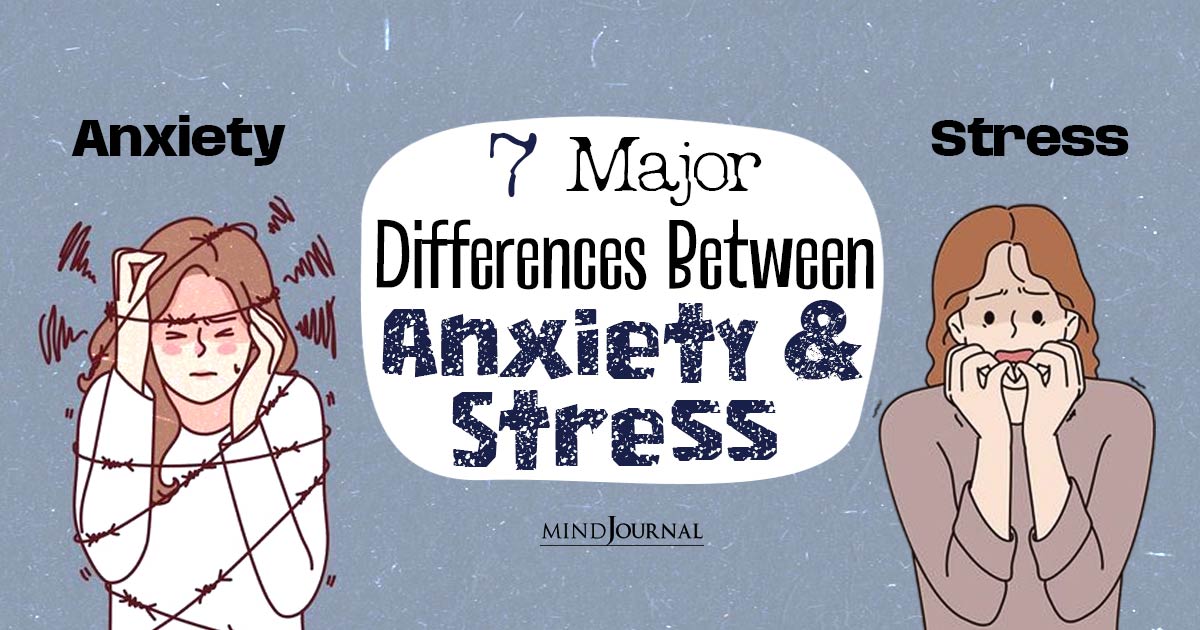
Leave a Reply
You must be logged in to post a comment.